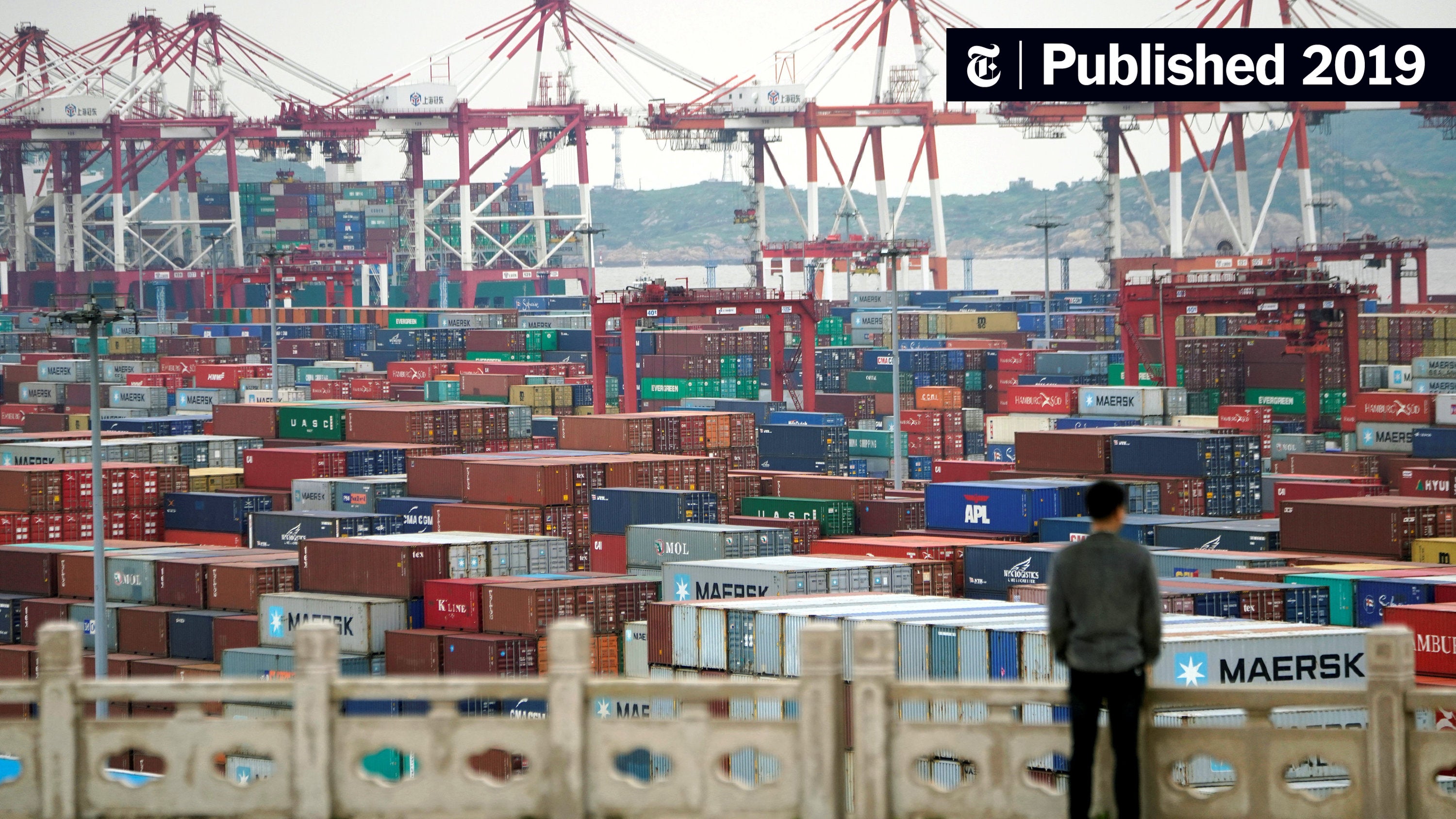China And Switzerland Urge Dialogue To Resolve Tariff Disputes

Table of Contents
The Growing Importance of Bilateral Trade Relations Between China and Switzerland
The economic ties between China and Switzerland are robust and deeply intertwined within the global economy. Switzerland, known for its precision instruments, pharmaceuticals, and financial services, and China, a manufacturing powerhouse with a rapidly expanding consumer market, enjoy mutually beneficial trade relations. The volume of trade between the two nations continues to grow significantly year after year.
- Growth of Swiss exports to China: Swiss pharmaceutical exports to China have seen substantial growth, exceeding [Insert Statistics if available]. Similarly, Swiss precision instruments are highly sought after in the Chinese market.
- Growth of Chinese investment in Switzerland: China has become a significant investor in Switzerland, particularly in the areas of [Insert specific sectors, e.g., finance, technology]. This investment flow further cements the strong economic interdependence between the two countries.
- Existing bilateral trade agreements and their impact: The [mention specific existing bilateral agreements, e.g., a free trade agreement] has facilitated and streamlined trade between China and Switzerland, leading to increased efficiency and reduced barriers to entry.
The Nature and Impact of Current Tariff Disputes
While bilateral relations are strong, the two nations are not immune to the effects of global tariff disputes. While there may not be direct tariff disputes between China and Switzerland, broader trade tensions – for example, those stemming from [mention specific trade wars affecting both countries indirectly, e.g., US-China trade war] – significantly impact their trade relationships.
- Specific examples of tariffs imposed: [Cite specific examples of tariffs imposed by other nations that indirectly affect China-Switzerland trade]. These tariffs increase costs for both importers and exporters.
- Quantifiable impact on affected industries: [Quantify the impact – e.g., percentage decrease in exports, loss of revenue] of these tariffs on specific sectors, providing concrete examples of the negative economic consequences.
- Mention potential ripple effects on global supply chains: The ripple effects of these trade disputes are far-reaching, disrupting global supply chains and impacting businesses worldwide.
The Joint Call for Dialogue: A Strategy for Resolution
Faced with the detrimental effects of these indirect trade disputes, China and Switzerland have issued a joint statement emphasizing the crucial role of dialogue and negotiation in resolving these issues. The statement advocates for utilizing existing dispute resolution mechanisms and promoting a collaborative approach to trade policy.
- Key points highlighted in the joint statement: [Summarize the main points of the joint statement, emphasizing the commitment to dialogue and multilateral cooperation].
- Specific proposals for resolving the disputes: [Outline the specific proposals put forth in the joint statement, for example, utilizing the WTO dispute settlement system or engaging in bilateral negotiations].
- Potential roles for international organizations (e.g., WTO): The statement underscores the importance of the World Trade Organization (WTO) in providing a framework for resolving trade disputes through established procedures and international law.
Potential Outcomes and Implications of Successful Dialogue
A successful resolution to these trade disputes through dialogue offers substantial benefits. Reduced tariffs would stimulate economic growth for both China and Switzerland, leading to increased trade volumes and expanded market access.
- Economic benefits for both China and Switzerland: [Quantify the potential economic benefits, e.g., projected increase in GDP, job creation].
- Positive implications for global trade stability: A successful resolution sets a positive precedent for resolving similar trade conflicts globally, promoting stability in the international trading system.
- Potential impact on future trade negotiations: This successful approach to dispute resolution could inform and improve future trade negotiations, fostering a more cooperative and less confrontational environment.
Conclusion: Promoting Dialogue to Resolve China-Switzerland Tariff Disputes
The joint call by China and Switzerland for dialogue in resolving tariff disputes highlights the importance of constructive engagement and multilateral cooperation in navigating the complexities of international trade. A successful resolution would bring significant economic benefits to both nations and contribute to global trade stability. The potential for setting a positive precedent for resolving similar disputes worldwide is substantial. We urge readers to stay informed about the progress of these negotiations and advocate for peaceful resolutions of China-Switzerland tariff disputes through constructive dialogue and international cooperation. Learn more about the WTO's role in resolving trade disputes and the importance of bilateral trade agreements to contribute to a more stable and prosperous global trading system.

Featured Posts
-
 Giakoymakis And Kroyz Azoyl Odos Pros Ton Teliko Toy Champions League
May 21, 2025
Giakoymakis And Kroyz Azoyl Odos Pros Ton Teliko Toy Champions League
May 21, 2025 -
 Man Achieves Fastest Ever Foot Crossing Of Australia
May 21, 2025
Man Achieves Fastest Ever Foot Crossing Of Australia
May 21, 2025 -
 Juergen Klopp Mu Carlo Ancelotti Mi Teknik Direktoer Karsilastirmasi
May 21, 2025
Juergen Klopp Mu Carlo Ancelotti Mi Teknik Direktoer Karsilastirmasi
May 21, 2025 -
 Councillors Wifes Jail Sentence For Threatening Tweet Appeal Awaits
May 21, 2025
Councillors Wifes Jail Sentence For Threatening Tweet Appeal Awaits
May 21, 2025 -
 Identifying Prime Business Locations A Nationwide Map Of New Hot Spots
May 21, 2025
Identifying Prime Business Locations A Nationwide Map Of New Hot Spots
May 21, 2025
